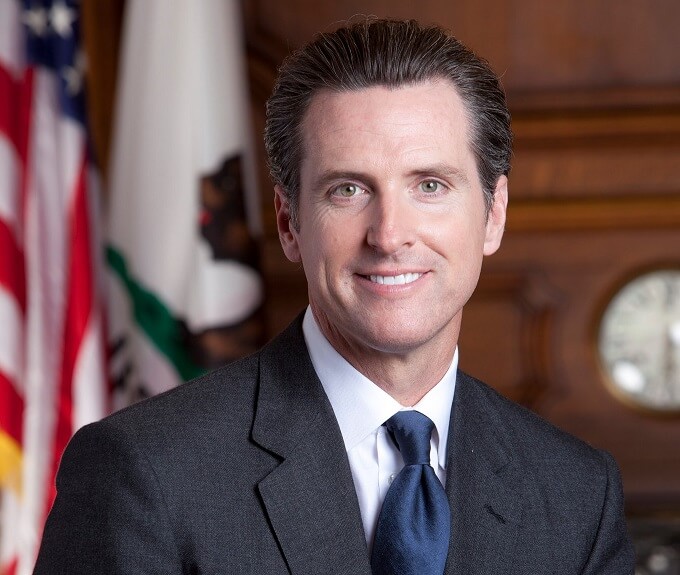Gov. Gavin Newsom, D-Calif., is making moves in support of reducing California’s transportation emissions.
Newsom signed an executive order to leverage the state’s pension investment portfolio and assets to “advance California’s climate leadership.” The executive order directs multiple state agencies and departments to review and update overall operations, transportation investments, and use of the state’s purchasing power to advance climate goals.
Specifically, for transportation, the order directs the California State Transportation Agency (CalSTA) to invest its annual portfolio of $5 billion toward construction, operations and maintenance to help reverse the trend of increased fuel consumption and reduce greenhouse-gas (GHG) emissions associated with the transportation sector. CalSTA, in consultation with the Department of Finance, is also directed to align transportation spending, programming and mitigation with the state’s climate goals to achieve the objectives of the state’s Climate Change Scoping Plan, where feasible. Specifically, the governor is ordering a focus for transportation investments near housing and on managing congestion through strategies that encourage alternatives to driving.
In addition, the order directs the California Air Resources Board (CARB) to push automakers to produce more clean vehicles and to find ways for more Californians to purchase these vehicles on the new and used markets. CARB is tasked with developing new grant criteria for clean vehicle programs to encourage manufacturers to produce clean, affordable cars and propose new strategies to increase demand in the primary and secondary markets for zero-emission vehicles. Finally, CARB shall strengthen existing regulations or adopt new regulations to achieve GHG reductions within the transportation sector, says Newsom.
The governor also signed two bills to strengthen emission standards for trucks, semis and other high-pollution vehicles. S.B.210, authored by State Sen. Connie Leyva, D-Chino, requires CARB to develop and implement a Heavy-Duty Inspection and Maintenance Program for heavy-duty diesel trucks — the first “smog check” program of its kind in the nation, according to the governor.
“Now that it has been signed into law, S.B.210 will be a vital next step to reduce pollution from the many big diesel trucks that travel on the roads and highways in the Inland Empire and across California,” says Leyva. “Just as car owners have to get their own personal cars smog-checked every two years, so, too, should truck operators be required to maintain their emissions controls so that we can ensure long-lasting air quality improvements here in California. With Governor Newsom’s signature, S.B.210 reinforces California’s leadership on improving air quality and public health, while also leveling the playing field for law-abiding truck owners and operators in our state.”
In addition, S.B.44, authored by State Sen. Nancy Skinner, D-Berkeley, requires CARB to create a comprehensive plan for reducing GHG emissions from medium- and heavy-duty vehicles.
“Families and children living near ports and trucking routes, like many neighborhoods in West Oakland and Richmond, are especially harmed by diesel emissions,” notes Skinner. “Air pollution particularly associated with diesel emissions increases the risks for asthma, especially for kids, and childhood asthma rates in Richmond and West Oakland are far higher than in other parts of California.”
Commenting on the actions taken, the governor says, “In the face of the White House’s inaction on climate change, California is stepping up and leading the way. Our state is proof that you can reach some of the strongest climate goals in the world while also achieving record economic growth. How we meet this moment will define our state – and country – for decades to come, just as the emergence of the internet defined our economy over the past few decades. We have to get ahead of this and align our state investments, our purchasing power, and our transportation and housing policies to be ready to meet this moment head-on.”







